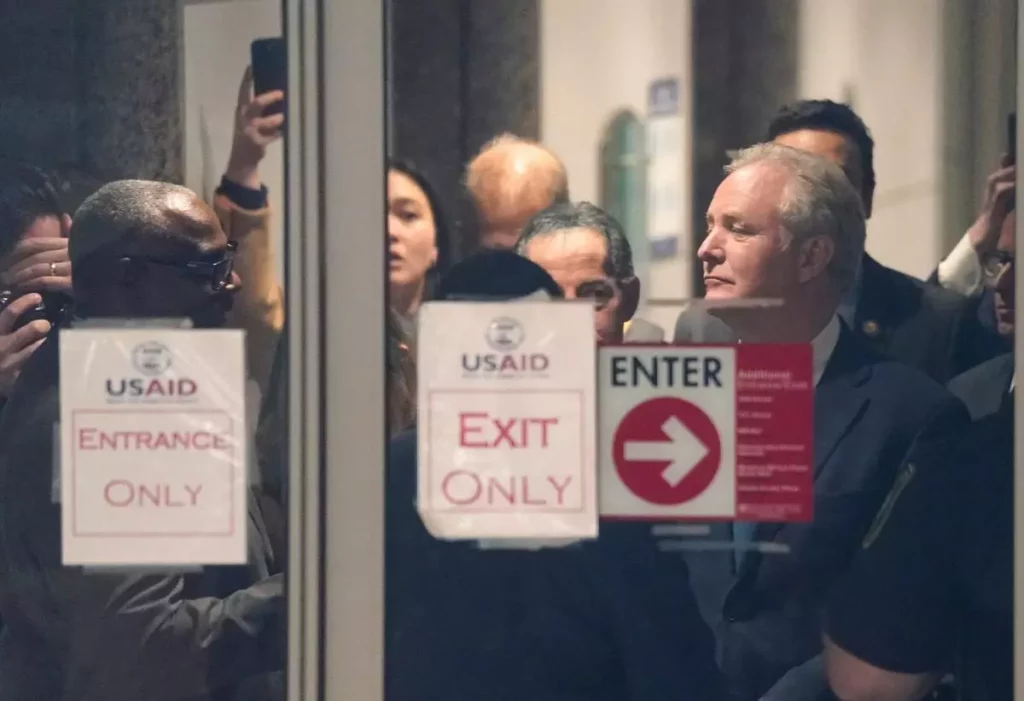The Trump administration has issued a sudden recall of U.S. Agency for International Development (USAID) workers stationed overseas, putting countless global aid programs on hold. This decision is part of a larger foreign aid freeze, and its impact is already being felt around the world.
Why Is This Happening Now?
President Trump’s recent executive order placed a 90-day freeze on most foreign aid programs to “reassess priorities” under his “America First” policy. His administration says the goal is to cut down on waste and ensure aid benefits U.S. interests. However, pulling USAID staff out of the field has effectively put life-saving programs on pause, including food distribution, clean water efforts, and emergency medical aid. Workers were given little notice before being called back home.
Elon Musk Is Now Involved—But Not Everyone’s Happy
Billionaire Elon Musk is playing a key role in reshaping the future of foreign aid. Appointed to head the Department of Government Efficiency, Musk has been vocal about his dislike for large bureaucracies. He’s called USAID inefficient and has pushed for major cuts to staff and programs. While Musk and the administration argue this will streamline aid delivery, many humanitarian groups believe these changes are reckless. One aid worker warned, “You can’t just stop feeding people because of a spreadsheet.”
What Happens to the People Who Need Help?
The freeze is hitting vulnerable communities the hardest. In places like Sudan, Yemen, and Gaza, where USAID programs provide essentials like food and medical supplies, families are being left without critical support. Aid workers say children are particularly at risk. “These aren’t just numbers on a report,” said one former USAID official. “These are people—mothers, fathers, kids—who depend on us to survive.”
Backlash in Washington
The decision is creating major tension in Washington. Secretary of State Marco Rubio stepped in and declared himself the temporary head of USAID, a move that’s already being challenged by Democrats and legal experts. Many argue that reshuffling an agency that’s been around for over 60 years isn’t something the president can do without Congress.
What’s Next for U.S. Foreign Aid?
No one knows for sure. The administration believes it can “fix” foreign aid by cutting costs and focusing on strategic interests, but critics argue this could damage America’s global reputation and weaken its humanitarian efforts. If the freeze becomes permanent, many fear the world’s most vulnerable populations will be left to fend for themselves.

